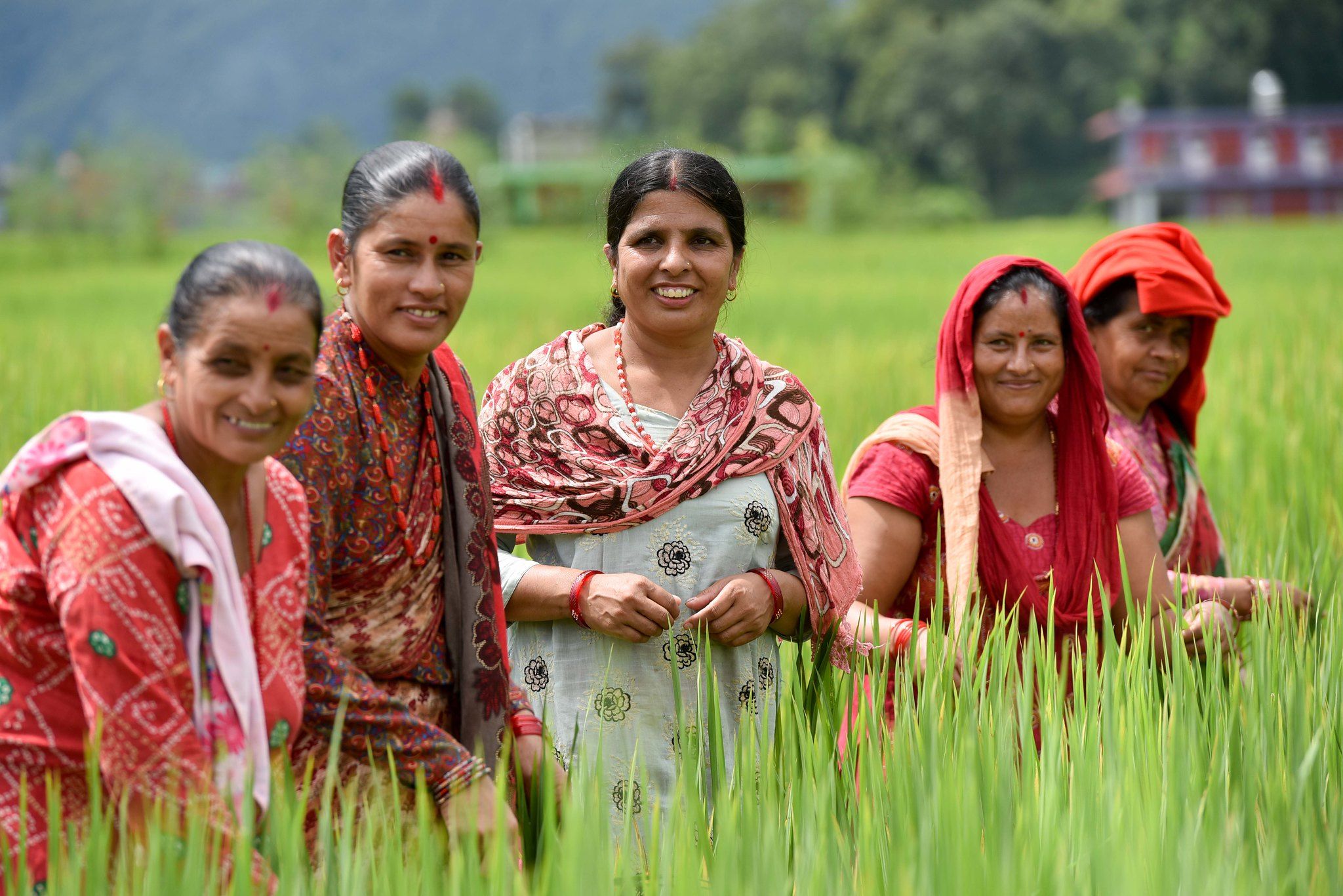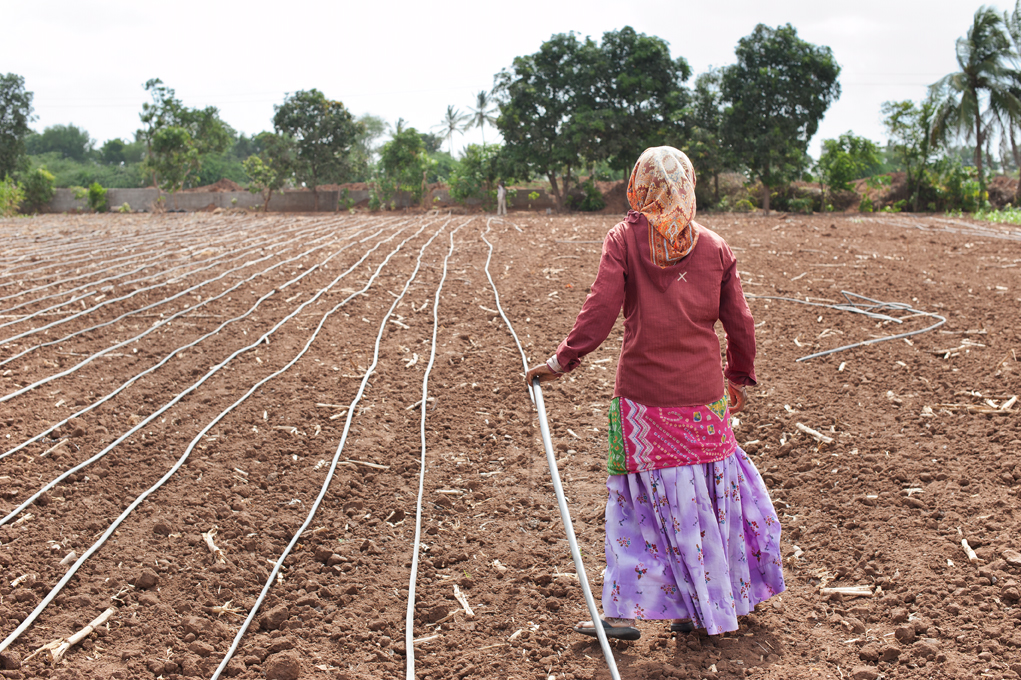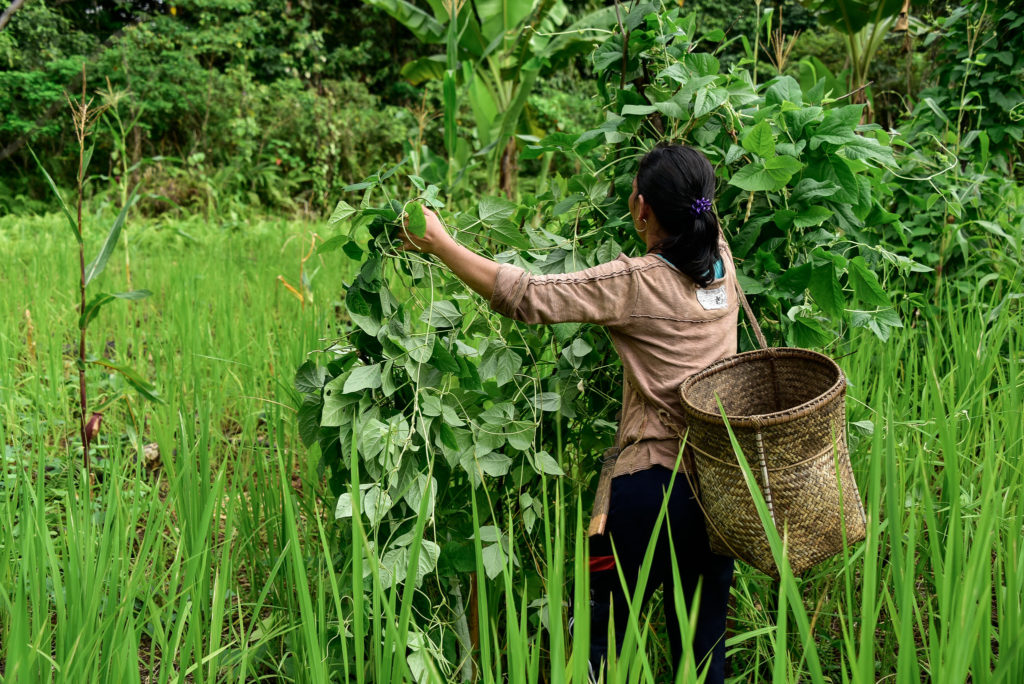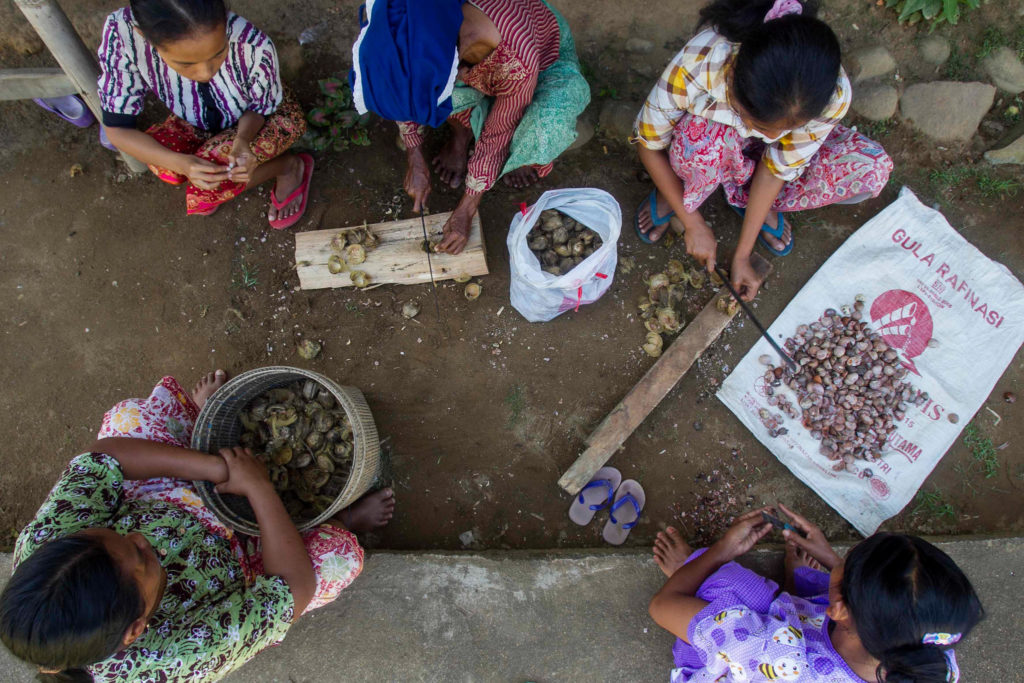From diagnosis to action on social equity
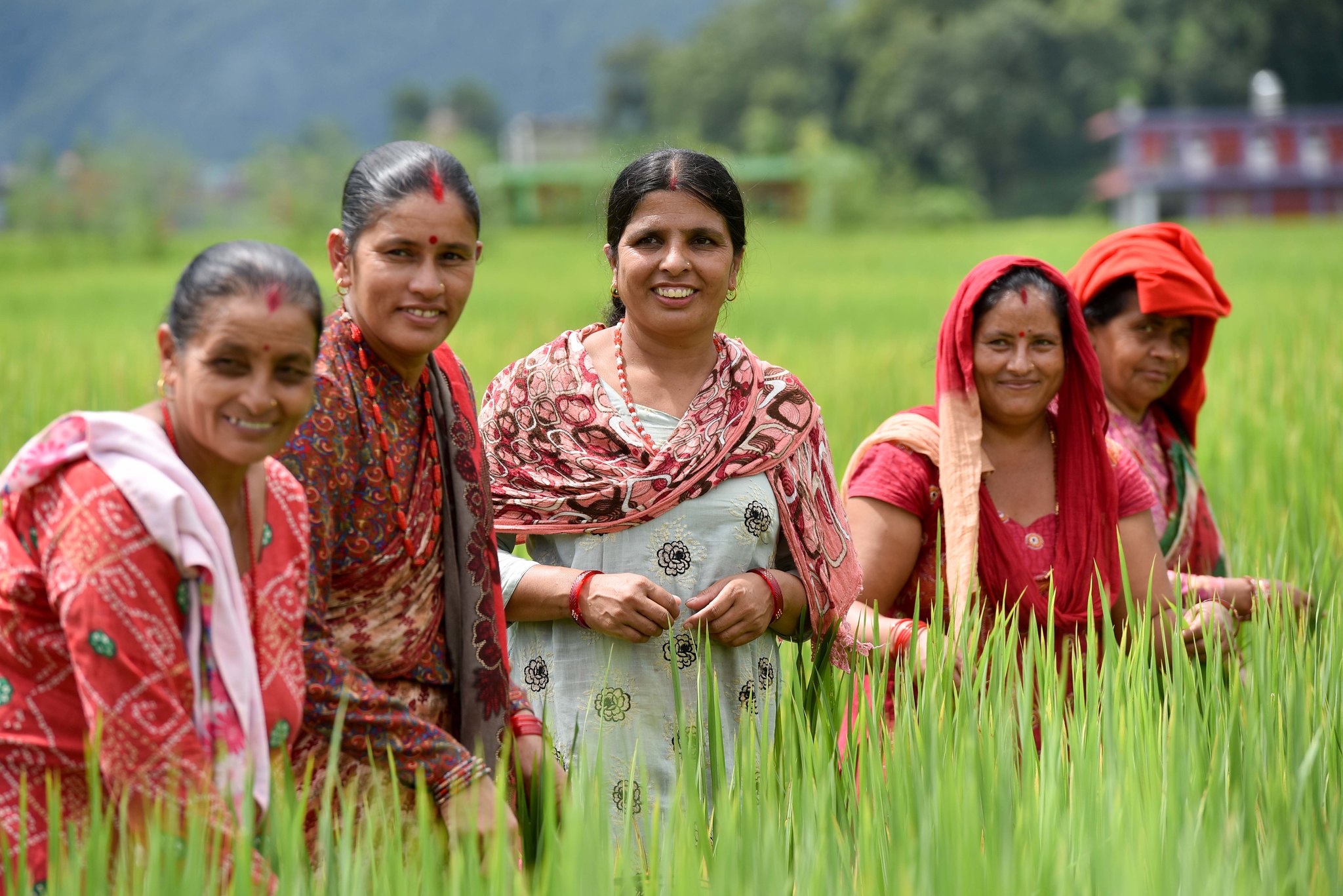
As CGIAR develops 33 exciting new research Initiatives, it is essential for its new research portfolio to move beyond “diagnosing gender issues” and to supporting real change for greater social equity. Gender-transformative research and methodologies are needed, co-developed between scientists and a wide range of partners.
To advance this vision, gender scientists from ten CGIAR centers and key partner institutions came together from October 25 to 27, 2021, in a hybrid workshop. Some participants were in Amsterdam, hosted by KIT, and others joined online from Canada, the Philippines and everywhere in between.
The workshop emerged from gender scientists’ desire to create a supportive innovation space for CGIAR researchers to integrate gender-transformative research and methodologies into the new CGIAR Initiatives.
The organizing team calls this effort GENNOVATE 2, as it builds on GENNOVATE, the trailblazing gender research project which ran across the CGIAR between 2014 and 2018.
GENNOVATE 2 promises to help CGIAR Initiatives achieve progress in the Gender, Youth and Social Inclusion Impact Area. It will also advance change towards Sustainable Development Goals 5 and 10 on gender and other forms of inequality.
In the workshop, participants sought to:
- Share and develop ideas, methods and approaches to operationalize gender-transformative research and methodologies. Working groups focused on an initial selection of CGIAR Initiatives, representing all the Action Areas of CGIAR:
- ClimBeR: Building Systemic Resilience against Climate Variability and Extremes; (Systems Transformation)
- Securing the Asian Mega-Deltas from Sea-level Rise, Flooding, Salinization and Water Insecurity (Resilient Agrifood Systems)
- Sustainable Intensification of Mixed Farming Systems (Resilient Agrifood Systems)
- Market Intelligence and Product Profiling (Genetic Innovation)
- Build on the significant investments, methods, data, and results from the original GENNOVATE.
- Conceive a community of practice for continued sharing, learning and collaboration, across and within Initiatives, to accelerate progress on gender and social equity.
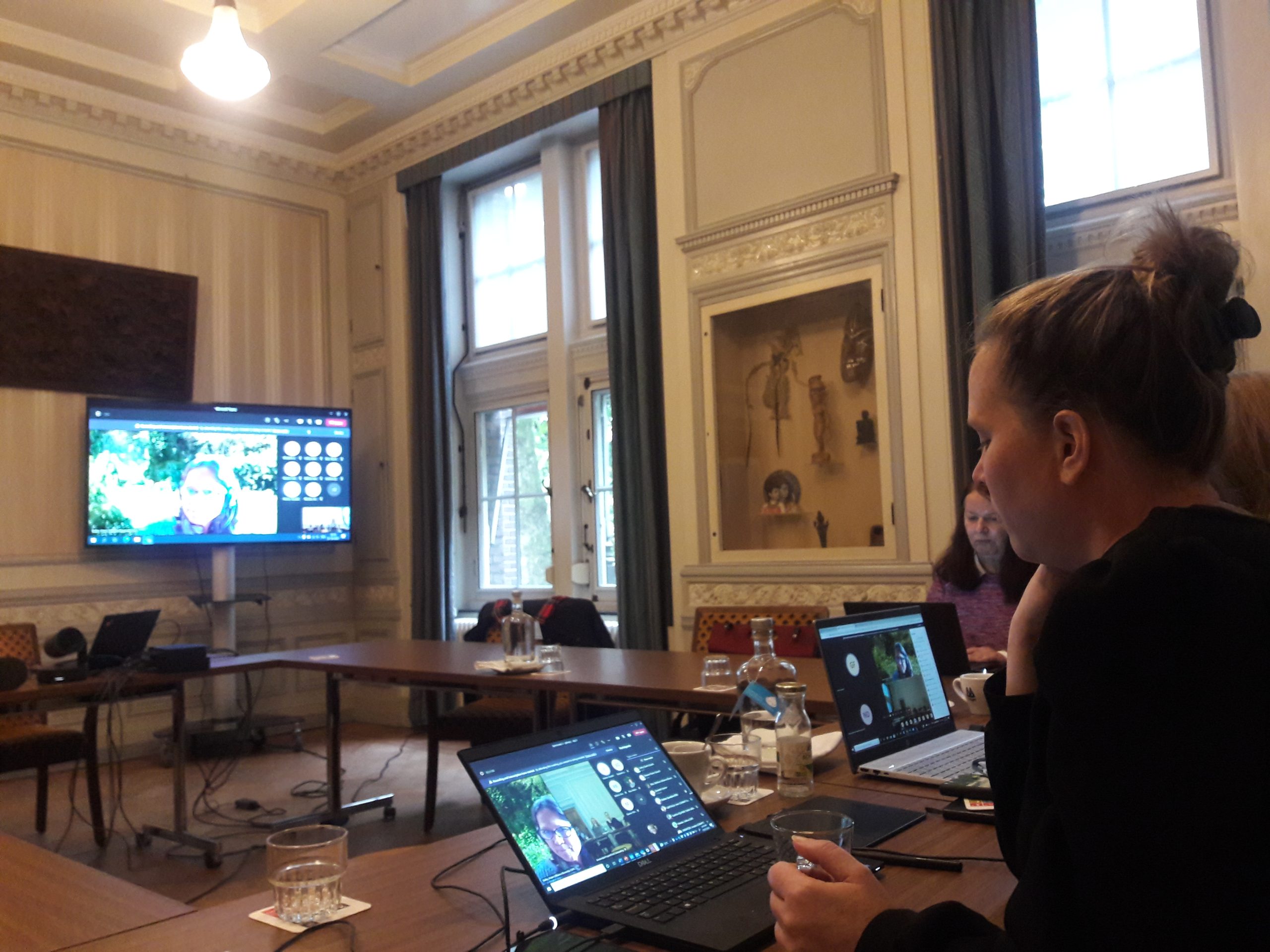
Joining a vibrant community
GENNOVATE 2 is envisioned to complement the CGIAR GENDER Platform and the proposed new CGIAR gender-focused research Initiative, HER+.
“We have several gender methodology assets in CGIAR, and GENNOVATE is one of them,” said Nicoline de Haan, Director of the CGIAR GENDER Platform, opening the workshop. “We want to make sure we cultivate and grow the efforts started during GENNOVATE and move forward important lessons and practices in the new CGIAR portfolio.”
The team of scientists behind GENNOVATE 2 wants to support a vibrant community of researchers who “work out loud.” They will document and share their research methodologies, experiences and insights, in order to accelerate learning on gender issues and scale out successes more quickly.
The ultimate objectives of GENNOVATE 2 are to:
- Develop and deepen a set of methodologies expected to directly empower women, youth, and marginalized groups in the targeted agri-food systems
- Contribute to normative change towards increased gender equality across different scales, ranging from households to countries.
- Generate and build an evidence base on the relationship between empowering women, youth and marginalized people, and moving towards climate-resilient and sustainable agri-food systems — and vice versa.
“An example of the added value GENNOVATE 2 can bring to CGIAR Initiatives is understanding what maintains prevailing gender norms in research sites, and also at relevant institutional and political levels,” said Anne Rietveld, gender scientist at the Alliance of Bioversity International and CIAT, and co-organizer of the workshop. “This will enable CGIAR scientists, partners and policymakers to design locally relevant gender-transformative approaches and policies for more impact. We can do this by building on our GENNOVATE 1 evidence base, adapting methods from GENNOVATE 1 and co-developing new methods in GENNOVATE 2.”
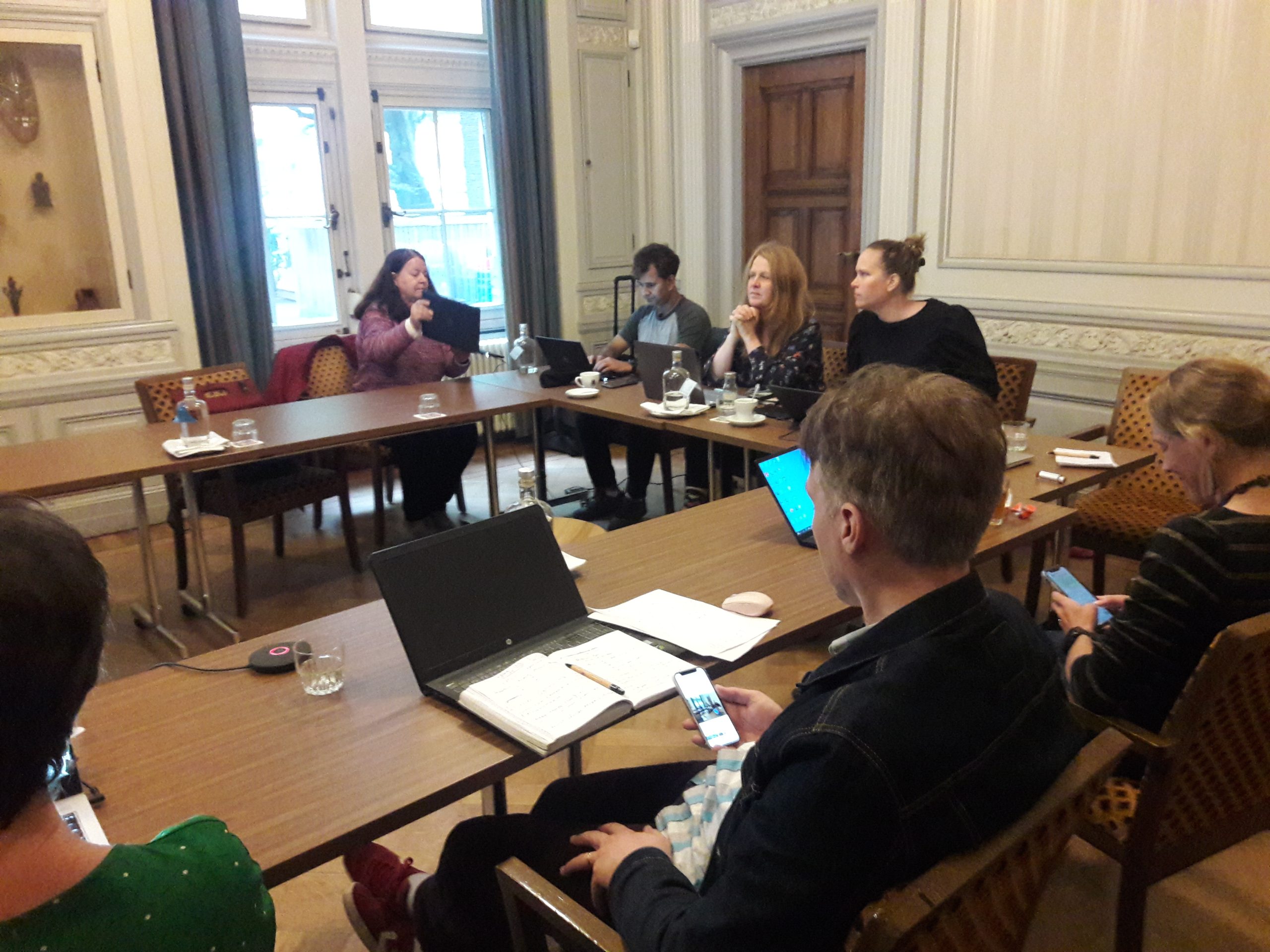
What’s next?
The workshop showed that many scientists from CGIAR and partner institutes are motivated to invest in the vision of GENNOVATE 2. Achieving impact in the Gender, Youth and Social Inclusion Impact Area will require concerted efforts and inputs from scientists on the ground.
“There is a groundswell of experience and enthusiasm that you, we, this group brings. We need answers and we can and should work together to make this a reality,” remarked Jon Hellin, Platform Leader – Sustainable Impact in Rice-based Systems at the International Rice Research Institute (IRRI), and co-lead of the ClimBeR Initiative.
The organizing team listed concrete actions to follow the workshop:
- Developing processes and spaces for discussing methodological advancements among the gender scientists in these four Initiatives which other Initiatives can tap into, contribute to and become part of.
- To develop these shared and integrated methodologies and approaches into a GENNOVATE 2 conceptual and methodological roadmap — to contribute to the CGIAR Gender, Youth, and Social Inclusion Impact Area and guide other Initiatives, as well as bilateral research
- To develop a position paper articulating what can be achieved through concerted efforts to integrate gender and social equity more effectively into the Initiatives, to showcase gender-transformative research methods for further development and implementation. The aim of the position paper is to influence global science leaders and CGIAR leadership in how they include issues of social equity in the Initiatives.
- To support these conversations, learnings and harmonization processes through setting up a community of practice, where the “practice” to be improved is the practice of advancing gender research methodologies to go from diagnosis to action. This will start with a core group of enthusiastic researchers and then will expand as it gains momentum, so that all researchers in the various Initiatives interested in social equity can contribute
- To seek funding opportunities to support the activities outlined above.
The GENNOVATE 2 organizing team welcomes the participation of interested CGIAR Initiatives as they move forward. The organizing team will also help strengthen interactions with external resource people and research networks, in to cross-pollinate new knowledge and innovations.
If you would like to know more about GENNOVATE 2, please contact Anne Rietveld, Gender Scientist at the Alliance of Bioversity International and CIAT and Hom Gartaula, Gender and Social Inclusion Specialist at the International Maize and Wheat Improvement Center (CIMMYT).
The GENNOVATE 2 workshop was supported with funds from the CGIAR Research Programs on Roots Tubers and Bananas, Maize, and Wheat.
Workshop organizers Anne Rietveld (Alliance), Cathy Rozel Farnworth (Pandia Consulting, an independent gender researcher), Diana Lopez (WUR) and Hom Gartaula (CIMMYT) guided participants. Arwen Bailey (Alliance) served as facilitator.
Participants were: Renee Bullock (ILRI); Afrina Choudhury (WorldFish); Marlene Elias (Alliance); Gundula Fischer (IITA); Eleanor Fisher (The Nordic Africa Institute/ClimBeR); Alessandra Galie (ILRI); Elisabeth Garner (Cornell University/Market Intelligence); Nadia Guettou (Alliance); Jon Hellin (IRRI); Deepa Joshi (IWMI); Berber Kramer (IFPRI); Els Lecoutere (CGIAR GENDER Platform); Angela Meentzen (CIMMYT); Gaudiose Mujawamariya (AfricaRice); Surendran Rajaratnam (WorldFish); Bela Teeken (IITA), among others.
External experts who provided methodological inputs were: Nick Vandenbroucke of Trias talking about institutional change; Shreya Agarwal of Digital Green talking about transformative data; Katja Koegler of Oxfam Novib talking about Gender Action Learning Systems (GALS) for community-led empowerment; and Phil Otieno of Advocates for Social Change (ADSOCK) talking about masculinities and working with men.
